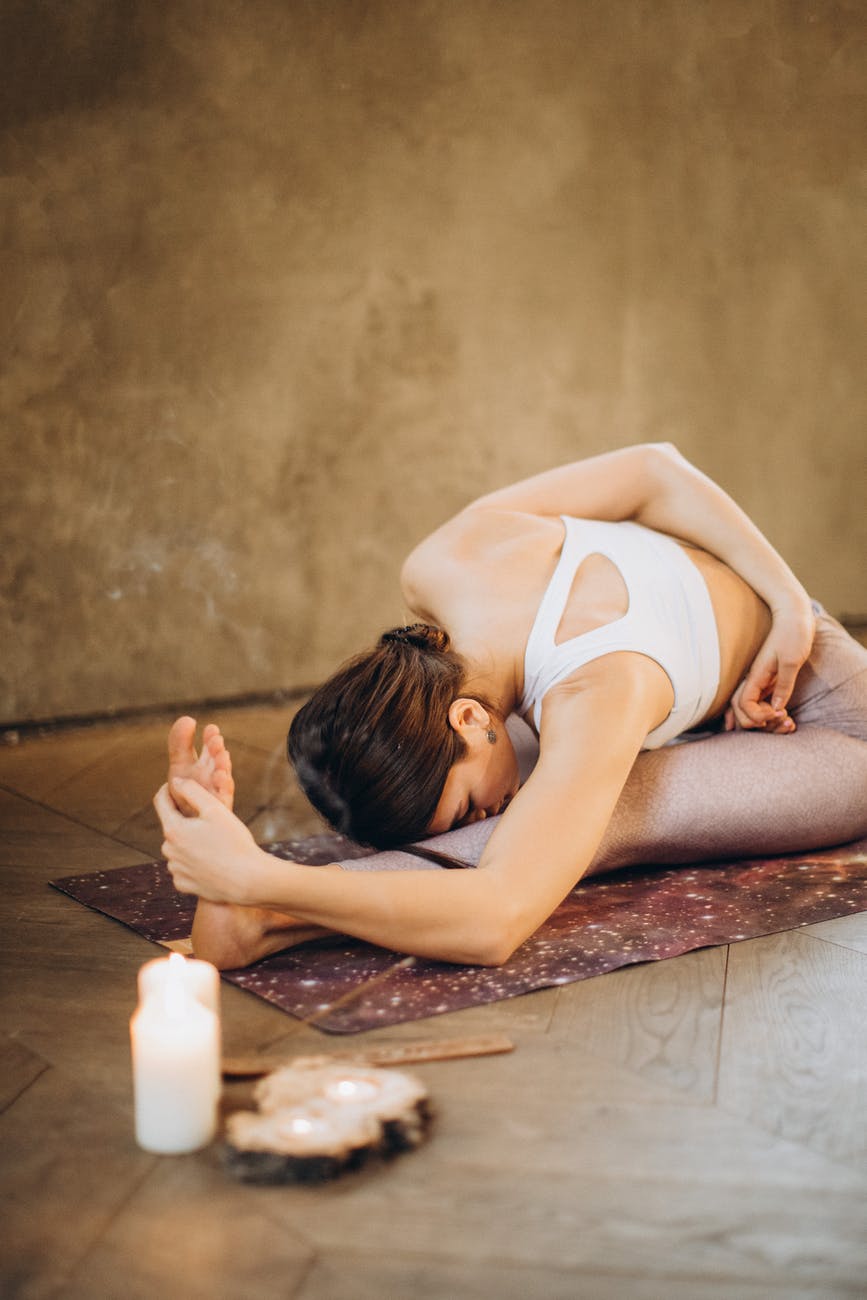We all have limitations we have to accept, bridges we cannot or do not want to cross, and that it is fine. Yoga it is about acceptance of what cannot be changed, most often brought by external circumstances, but it is also commitment to ourselves to deeply listen and investigate, and sometimes find out that those we thought were our limitations were actually self-imposed, or socially and very early imprinted.
When I first started practicing yoga about 10 years ago, the main finding to me was learning to listen to my body and my breath as a sign of its limitations and struggles and being respectful with it. As I dig deeper and kept gently pushing myself further I learnt how the limitations of the mind are bigger than the body’s and how we are sometimes not even aware of fears imprinted in ourselves. That is why I am very passionate to learn more about the Koshas, or different layers of the mind. These layers have been investigated by many traditions of yogis and philosophers and I will soon share with you all my findings.
I recently found in a yoga book a passage written by Sri Aurobindo in his famous book The Synthesis of Yoga, that talks more about the different aspects involving the yoga experience. He talks about his definition of Integral Yoga, explaining how the physical methods of Rajayoga and Hathayoga are very useful and important in some stages of the process of complete yoga integration, however it is through intellectual reflection (vicara) and spiritual deepening or devotion (Bhakti-yoga) that we achieve its aim of realisation of the unique supreme Self.
I hope you like this little introductory piece about my yoga studies and reflections and that we can all can share our learnings and views of this lifelong student experience helping us achieve the best version of ourselves.

